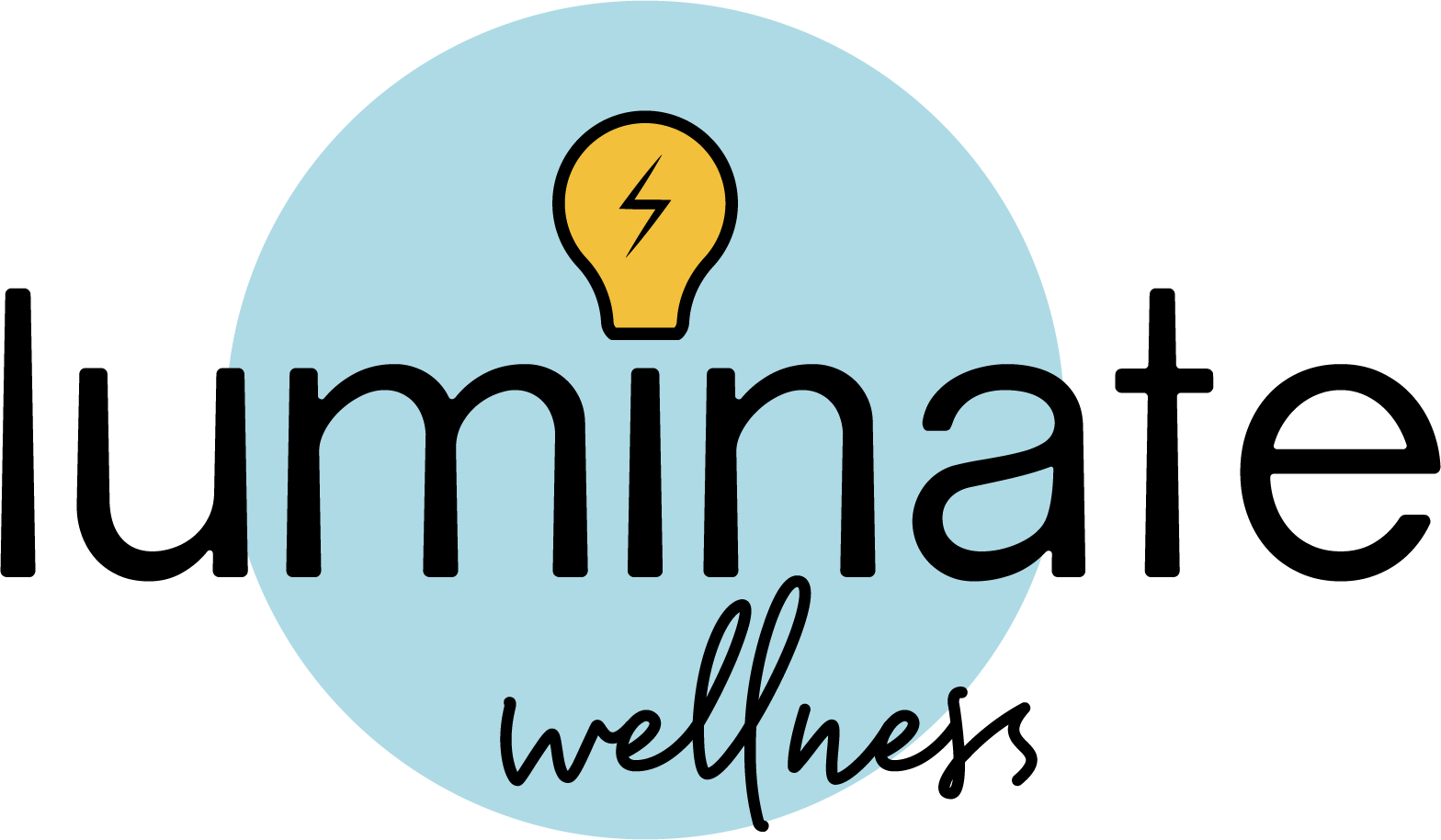Workshop Development and Facilitator Skills Training
This training is for anyone who wants to learn how to write and develop workshops, and learn values-based facilitation skills!
Including:
Mental health and substance use employees who offer workshops
Peer support workers
Facilitators/leaders of any kind of support group
WRAP facilitators
Recovery college workshop leaders
Counsellor and coaches who offer workshops or trainings
Corporate group trainers and facilitators
In this workshop you WILL develop and strengthen your facilitation skills.
The training is composed of 7-8 four hour sessions, and a follow-up session. However, we can adjust the time according to your team’s needs.
This training is for anyone who develops and/or facilitates workshops in the human services field. It was originally developed with peer support facilitators in mind. However, it is adaptable to any group of facilitators.
On Zoom we can accommodate 6-12 participants. In-person we can have up to 14 participants.
The basic training is 7, 4-hour sessions on Zoom. There are a lot of topics we touch on in this training. I can shorten or lengthen the number of sessions depending on the needs of your group and adjust the agenda accordingly.
Everything we do in this training recognizes the systemic issues that participants of your workshops could be dealing with. As facilitators, it is essential that we facilitate with an understanding of the complexity of systemic issues and how they impact one’s mental health and feeling of safety.
We cover: How we create categories and containers–which becomes our biases (both implicit and explicit), self-determination theory, adult learning, cultural humility, and/or what it means to be trauma-informed.
Each participant gets a digital manual and worksheets.
Topics embedded in this training:
The Core Values of this work: Hope and Wholeness, Acknowledgement, Mutuality, Strength-based, Self-Determination, Belonging & Community, Respect Dignity & Equity, and Curiosity.
Recognizing assumptions and biases, and how our unexamined judgements and biases can affect our facilitation style.
Power and how it relates to leadership and facilitation.
Adult learning styles
Creating a safe learning ecology
Understanding self-determination, and how we can create the conditions that support self-determination in our workshops and groups.
Cultural humility and sensitivity in facilitation.
Developing out personal facilitation styles and strengths.
Sitting with discomfort and growth-how to create a space where people are safe and able to grow.
Introducing myself.
Developing and creating a new workshop.
The facilitation process.
How to create a lesson plan and agenda
How to make your workshop fun.
Practice sessions, and role plays: Each person will have several opportunities to practice facilitating.





